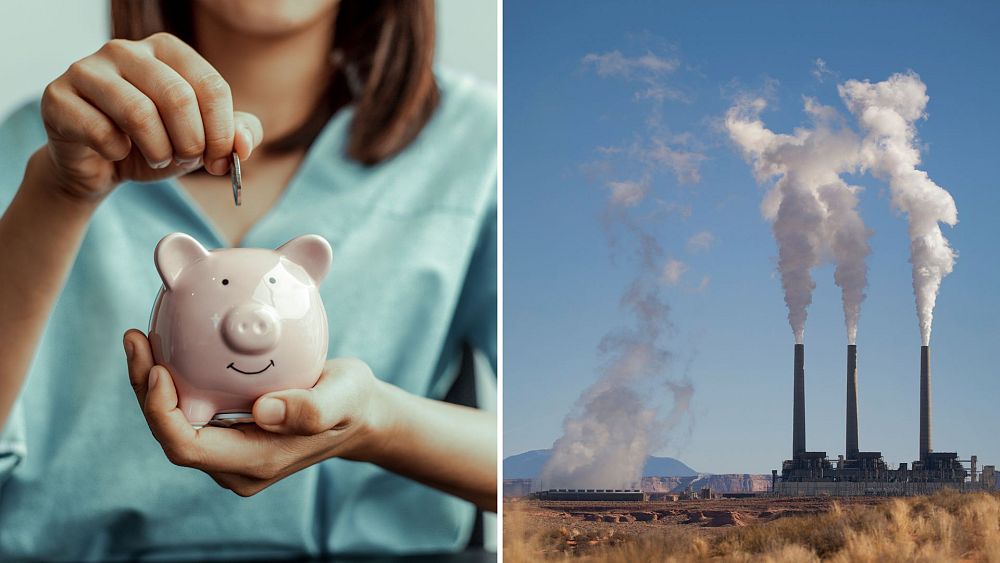
Shutting down fossil fuels will have negligible financial impact on ‘vast majority’, study finds.
Oil and gas companies are the single biggest driver of global heating.
But opponents of the renewable transition often claim that cutting down fossil fuel production will be hugely expensive – and hit ordinary people in the pocket.
New research sends this argument up in smoke. According to a study published in Joule journal this week, the clean transition will have a marginal financial impact on ordinary people.
In the United States, two-thirds of financial losses from fossil fuel assets would affect the top 10 per cent of wealth holders, with half of that affecting the top 1 per cent.
In contrast, 3.5 per cent of financial losses would affect the poorest half of Americans.
The researchers say that analysis on Europe and the UK showed “similar” results.
“Investing in a [fossil fuel project] is like buying a rotten apple,” co-first author Lucas Chancel said.
“The apple is rotten because of climate change. Who owns these rotten apples? We find that the richest 10 per cent of the population owns the vast majority of these assets.”
What are ‘stranded assets’ and why do they matter in the clean transition?
Opponents of climate action often refer to the risk of ‘stranded’ assets. These are fossil fuel reserves, infrastructure, and technologies that lose their value prematurely as climate-conscious governments reduce subsidies and investors pull out.
By ‘stranding’ polluting assets, the rationale runs, shutting down production could trigger an economic slump, hitting everyday people’s pensions and savings.
The new research suggests that this is not the case.
The ‘losers’ of the clean energy transition are the super-wealthy – and what they stand to lose is still just a fraction of their overall wealth.
Rich people tend to have a “diverse portfolio of investments”, so clean transition losses would still make up less than 1 per cent of this group’s net wealth.
Researchers estimate that the entirety of the clean transition losses for the bottom 50 per cent of earners could be compensated for as little as $9 billion in Europe and $12 billion in the US.
For comparison, governments spent more than €900 billion on fossil fuel subsidies in 2022, the highest figure ever recorded.
“There’s this idea that it’s the general populace that should be opposed to climate policy that creates stranded assets because their pensions are at risk or their retirement savings or just their savings,” says co-author Gregor Semieniuk.
“It’s not untrue that some wealth is at risk, but in affluent countries, it’s not a reason for government inaction because it would be so cheap for governments to compensate that.”